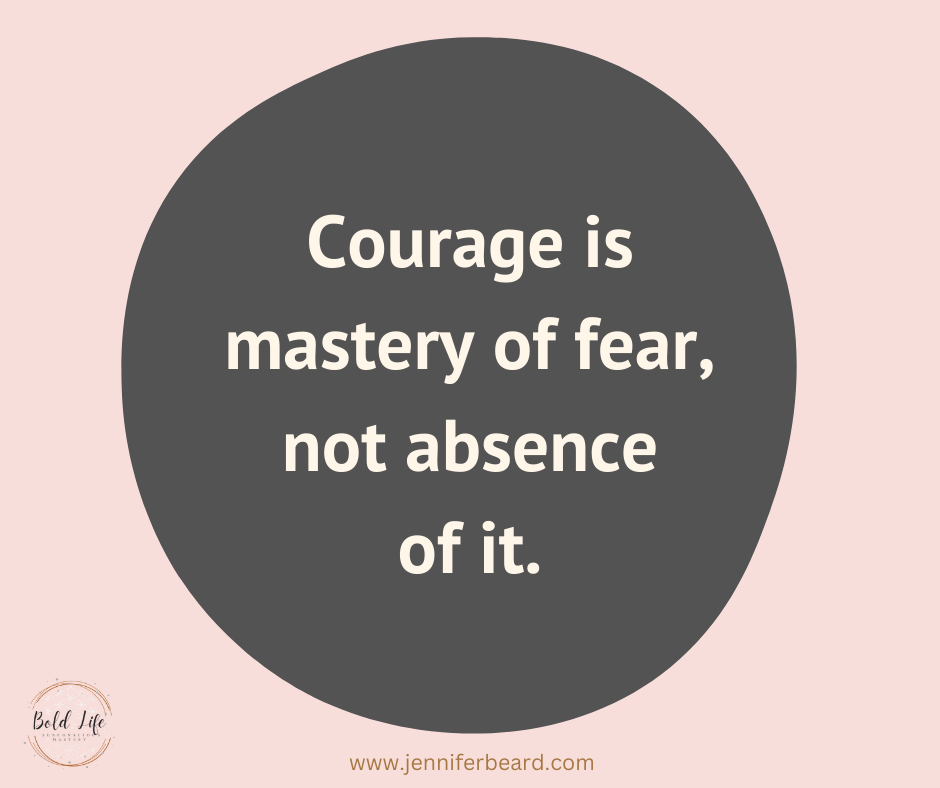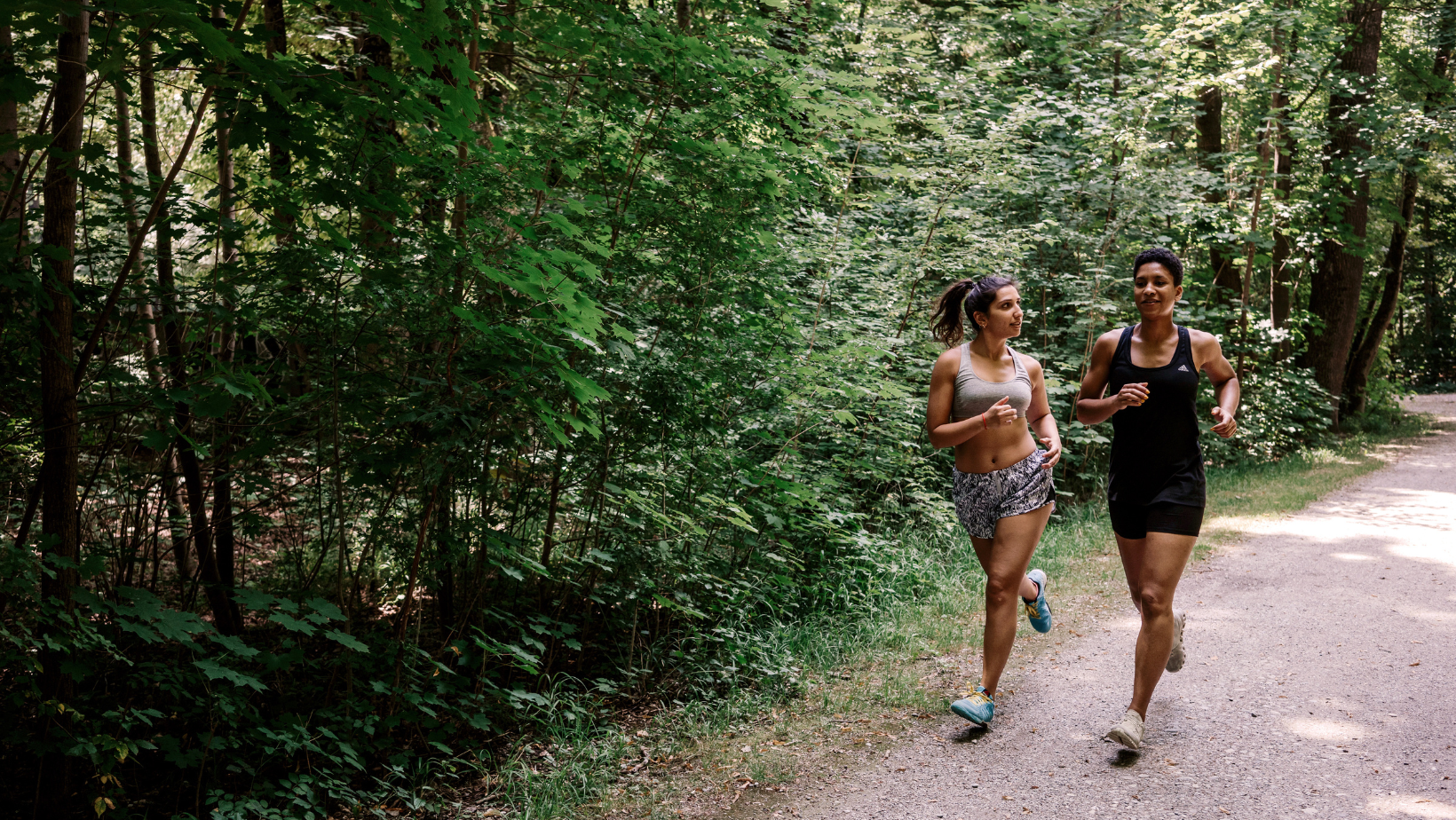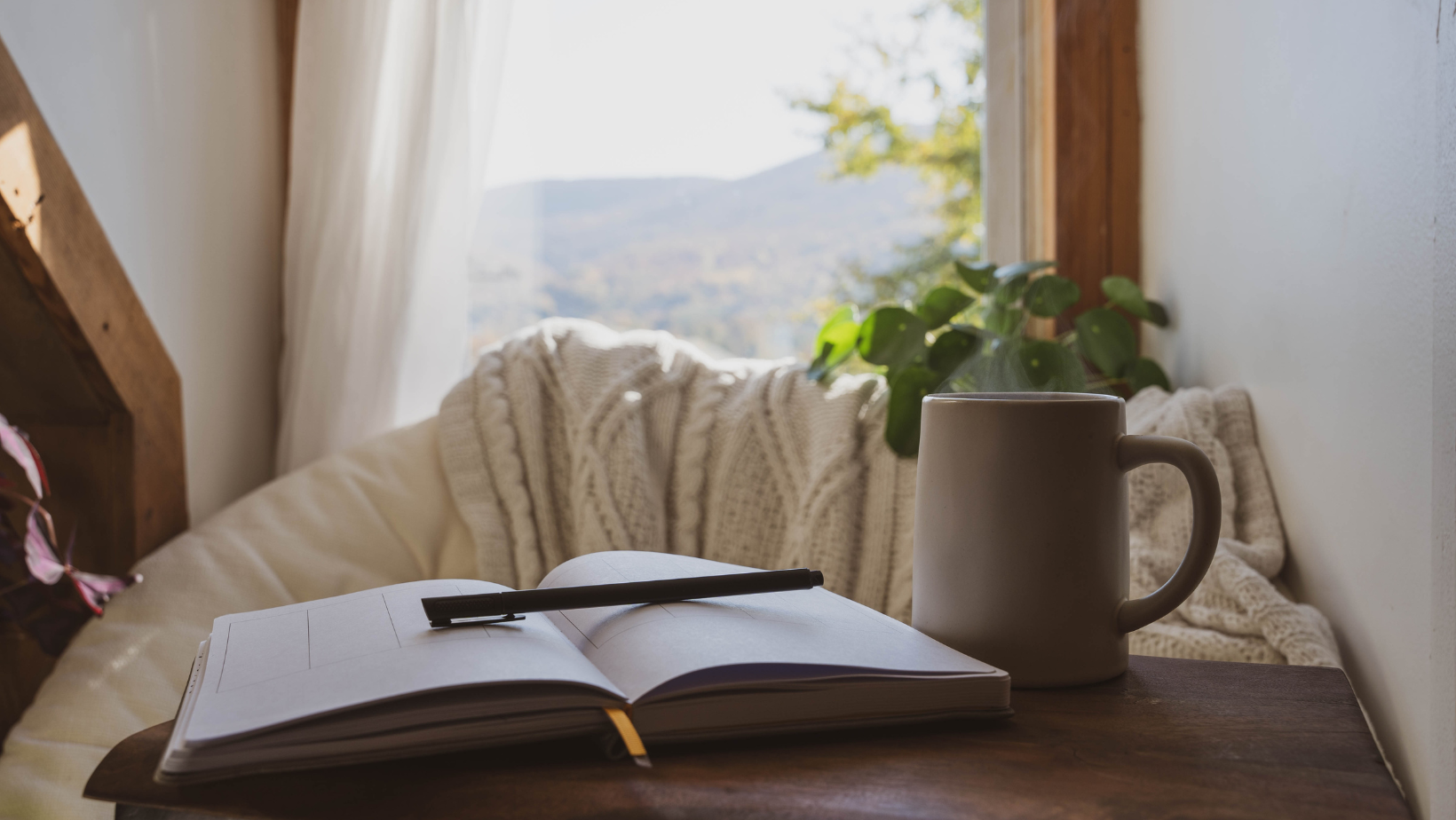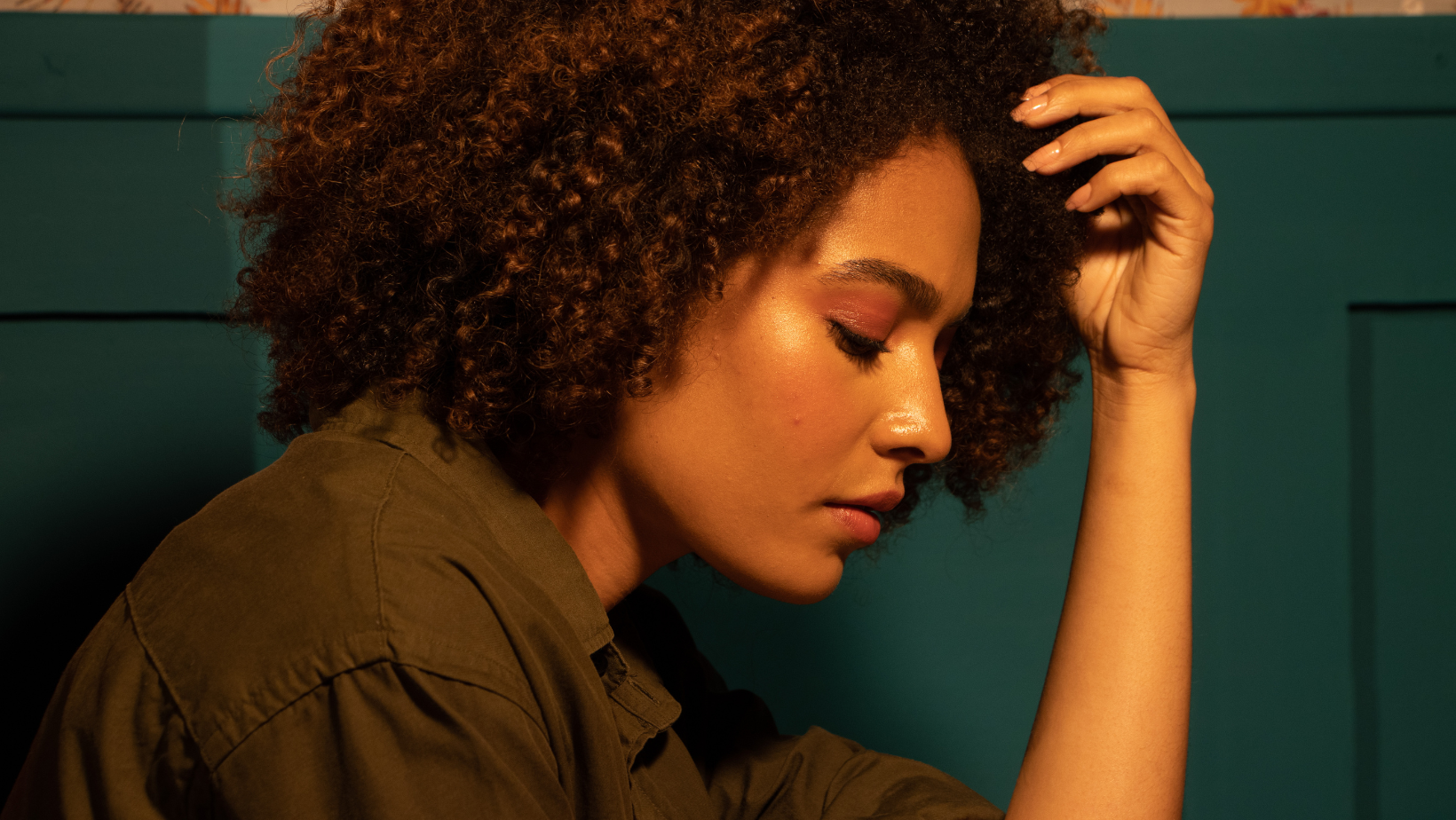Get the Guide
A simple, encouraging guide to help parents confidently transition into homeschooling, build a customized learning rhythm, and create a thriving educational experience at home.
Homeschooling 101 Starter Guide
Family
FAVE LINKS
Topics
Hi, I’m Jennifer — transformation coach, homeschooling mentor, and guide for parents ready to create a life that truly fits. I help you break through fear, align with your values, and confidently design both your child’s education and your own bold, authentic life.
























My friend Don said to me, “Do you want me to have my friend Brian give you a call? He’s a real estate agent and maybe you could just buy a house.”
I was 21 years old and had just found out I had no where to live. I returned from traveling to find out my parents had moved a sick family member into my room. Literally.
It came as quite a shock and I was filled with emotions, sadness, empathy, confusion, but the greatest of which, was fear.
I just became homeless.
I had to figure out what do quickly and responded, “yes, tell him we need to get started as soon as we can.”
Everybody said I was crazy and to be honest, I think I did too.
What audacity did I have to think I could, at 21 years old, qualify for a loan or even afford the payment?
After considering my options buying a house seemed like my best choice.
I sensed that the odds of successfully accomplishing this were quite slim, yet, as a fallback, I knew I could always resort to renting if necessary.
For the next few months, I used a library computer to look at listings, worked as many hours as possible, and prayed that I would have a place of my own to lay my head at the end of this journey.
The anxiety and fear I had during that time was palpable.
I hammered down the questions of fear like whack-a-mole.
Will I qualify?
Will I be able to afford it?
Will I find a house that doesn’t need a ton of work in my budget?
How will I afford a lawnmower, kitchen stuff, appliances, repairs, and all the other things?
I don’t know the first thing about taking care of a house, what if…???
Sigh!
There were moments where I felt paralyzed.
I started having panic attacks and thought my heart was going to explode.
In those moments, I felt my actions could be a huge mistake.
As weeks progressed, we realized there was a glimmer of hope. I had paid off a gym membership early when I was 18, had a lease that was always paid on time, and paid credit cards off immediately.
Thanks to my older sister, I was aware of how credit worked and was active in building mine since the beginning.
My credit was impeccable and I worked as a bartender at a high volume bar making decent money.
After a couple months I finally found a house. It was a cute, 3 bedroom brick bungalow with a room in the basement as well. I figured, if I moved in three friends, I might actually be ok.
The day of closing finally came.
I was shaking in my shoes. I had to come to the closing room with several thousand dollars.
I cashed in the savings bonds my grandfather gave me for every birthday to buy a washer, dryer, lawnmower, dishes, pots & pans, toiletries and cleaning supplies.
I literally owned nothing and felt as prepared as I possibly could given my circumstances.
I got the keys and ran through the house screaming with exuberance until I collapsed on the kitchen floor in a heap of emotion.
And that’s when it hit me. In a state of confusion, I realized there was no fridge. There was supposed to be a fridge. It was in the contract.
The joy of home-ownership began in that moment.
Each day I moved forward with a little less fear (and over time a bit more furniture).
Eventually the panic attacks subsided.
I look back and realize I had leapt into a situation that caused an immense amount of fear and stress. And I also implemented a few tactics for handling it without realizing.
Had I known more at the time, I would have used them all.
Strategies for managing fear:
- Understand the Fear: Identify what exactly you’re afraid of. Sometimes, understanding the root of your fear can significantly reduce its power.
- Mindfulness and Relaxation Techniques: Practices like deep breathing, meditation, or yoga can help calm your mind and reduce anxiety.
- Positive Visualization: Visualize yourself successfully facing and overcoming your fear. This positive imagery can be empowering
- Education and Knowledge: Sometimes, learning more about what you’re afraid of can demystify it and reduce the fear.
- Physical Activity: Exercise can reduce anxiety and improve mood, making you feel more empowered to face your fears.
- Talking About It: Sharing your fears with someone you trust can provide support and possibly new perspectives on how to confront them.
- Journaling: Writing about your fears and how you feel can be a therapeutic way to process and understand them.
-
Gratitude: Focusing on the minor miracles and resources we have access to takes our attention off what isn’t perfect. It also helps open us up to the potential resources present.
Fear is an ever-present element in our journey towards personal growth and excellence.

Ignoring it allows fear to gain control over you, but if you harness its energy, it can become a powerful tool.
In the short term, it sharpens your focus and concentration; over the long term, it acts as a guiding force.
Mastering this emotion adds a formidable asset to your array of skills and your ability to take control of your own life.
One of the world’s leading expert’s on fear, Kristen Ulmer believes that the best way to transform fear is to first start by creating a fear practice.
Steven Kotler, in the book The Art of Impossible discusses this.
This allows us to take on progressively bigger fears and, in turn, challenges.
The issue is universal: the amygdala processes all incoming information, and many of these filters are established in early childhood through barely remembered experiences.
Consequently, we frequently fail to identify our emotions as fear.
Instead, they manifest in various forms such as blame, anger, sadness, or irrational thoughts and actions.
Throughout my journey, I encountered all these manifestations.
To develop an awareness of fear you have to notice the fear in the body ask yourself:
What does it feel like?
Where is it in my body?
Ask the physical feeling, what it is trying to tell you?
Treat this feeling like a friend and remember it is there to serve you.
When we do this, we can see that the physical sensation of fear isn’t as unpleasant as we thought, it’s our resistance to it that make it worse.
Trying to deny or resist fear is like trying to calm a stormy sea by commanding the waves to stop; it only grows more turbulent, and acknowledging it is the first step towards calm.
Ulmer also says we might want to change our language around fear.
She says we should do things because of fear, instead of despite the fear. When we do this we can use fear to give us the focus we need to overcome challenges.
This allows us to use fear as a resource rather than view it as a problem.
There are two options for using and confronting fear:
- Systematic desensitization – build up a tolerance to fear slowly
- Flooding – take the plunge without holding anything back
We can recalibrate the body to fear and raise our level of tolerance to it by using these strategies.
All kinds of risks work well for this whether they are emotional, intellectual, creative, or social.
The aim is to find ease in situations of discomfort.
Change your relationship to fear to change your life for the better.
Take care,
Jennifer
p.s. To download our FREE E-Books Master Your Mind or The Gratitude Plan you can find them here. And while you are at it stay ahead of the game and join our community! Sign up for our weekly newsletter to get exclusive insights, tips, and strategies right in your inbox. Don’t miss out on the chance to elevate your journey every week.
Disclaimer: Please note that this article is intended to provide general information and inspiration. While it offers valuable insights, it’s essential to remember that it’s not a substitute for professional advice or therapy.























Productivity
Homeschooling
authenticity
intuition
BeLIEF CHANGE
Browse the categories
JenniferBeard.com 2025. All Rights Reserved.
17195 Silver Lake Parkway #136 Fenton, MI 48430 | PRIVACY | TERMS
Hi, I’m Jennifer — transformation coach, homeschooling mentor, and guide for those who are ready to create a life that truly fits. I help you break through fear, align with your values, and confidently design both your child’s education and your own bold, authentic life.
HAPPINESS STARTS
WITH YOU!
Get this practical guide for living a life of joy now!
Start homeschooling confidently
Get the homeschool guide
Check out our private coaching



Comments Off on Make Fear Your Friend